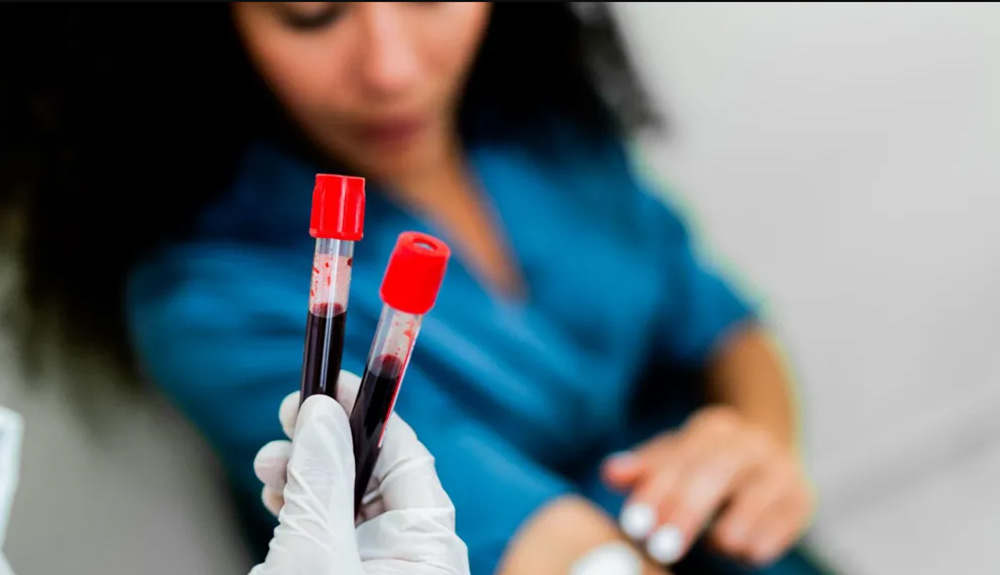
Kathmandu – A new study suggests that a single blood test could detect more than 50 types of cancer, many in their early stages when treatment is most effective.
Conducted in the United States and Canada, the research found that this test could identify several cancers that currently have no regular screening programs.
Developed by the U.S.-based biotechnology company Grail, the test—called Galleri—detects tiny fragments of cancerous DNA that break off from tumors and circulate in the bloodstream. The study followed 25,000 adults over the course of a year. About one in every 100 participants tested positive, and cancer was later confirmed in 62 percent of those cases.
Lead researcher Dr. Nima Nabavizadeh, an associate professor of radiation medicine at Oregon Health & Science University, said the results could fundamentally change how cancer screening is approached. “If we can detect cancer at such an early stage, it greatly increases the chances of successful treatment,” he explained.
The test also proved highly accurate in ruling out cancer—over 99 percent of people with negative results truly did not have cancer. When combined with traditional screenings for breast, colon, lung, and cervical cancers, the blood test increased the total number of detected cancers by up to seven times.
Notably, about three-quarters of the cancers identified through the test were types for which there are currently no screening programs, such as ovarian, liver, stomach, bladder, and pancreatic cancers. The test correctly pinpointed the origin of the cancer in nine out of ten confirmed cases.
Researchers say these results hint that blood-based testing could one day play a central role in early cancer diagnosis. However, independent scientists caution that more evidence is needed to determine whether such tests actually reduce deaths from cancer.
The findings were presented at the European Society for Medical Oncology Congress in Berlin, though full results have yet to be published in a peer-reviewed journal.
Meanwhile, the UK’s National Health Service (NHS) is conducting a larger three-year trial involving 140,000 participants. Results from that study are expected next year. If successful, the NHS plans to expand testing to over one million people across the country.
FACEBOOK COMMENTS